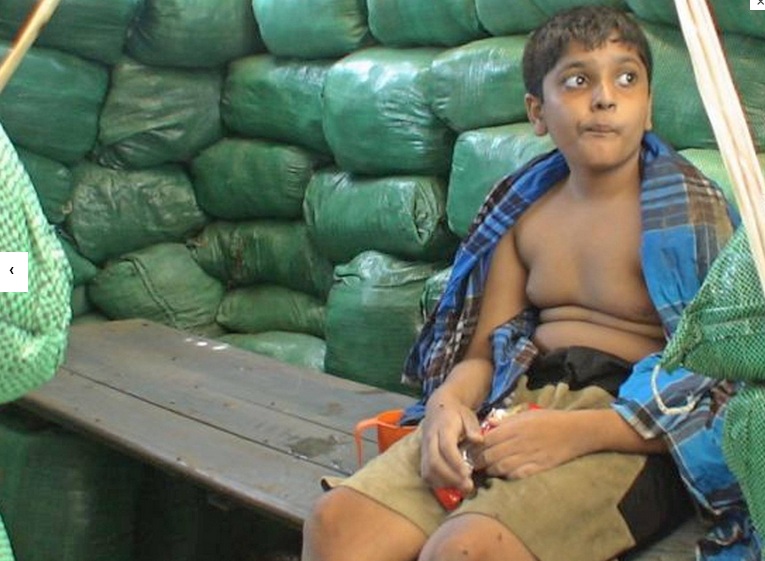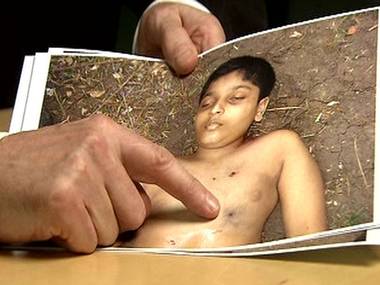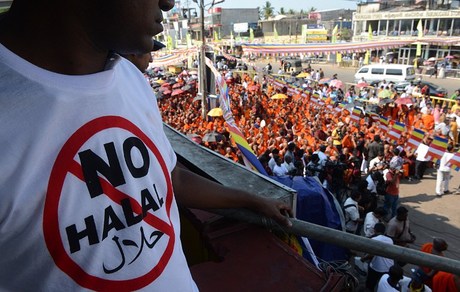Amnesty reiterates call for international investigation
Amnesty International has repeated their call for an international independent investigation into human rights abuses in Sri Lanka, in a statement welcoming a report released by UN High Commissioner for Human Rights.
Released ahead of the upcoming United Nations Human Rights Council session, where a resolution on Sri Lanka is set to be brought forward, Amnesty International said,
"As the OHCHR report emphasizes, continuing reports of extrajudicial killings, abductions and enforced disappearance underscore the urgent need to end impunity in Sri Lanka. But there has really been no progress in that regard at all. Sri Lanka has spent the last year deflecting international criticism and lashing out at its Sri Lankan critics instead of addressing past human rights violations or preventing new ones."
"The situation has prompted the High Commissioner for Human Rights Navi Pillay to: reiterate her call for an “independent and credible international investigation” into alleged violations of international human rights and humanitarian law in Sri Lanka, which Amnesty International fully supports; and to suggest that that investigation could also serve to monitor any domestic accountability process, should one emerge."
"The Human Rights Council should establish a Council mechanism devoted to monitoring and reporting to the Council on the current human rights situation in Sri Lanka and should throw its support behind growing demands for an independent international investigation into allegations of crimes under international law committed in Sri Lanka."
See the full statement here.
Also see our editorial: More time and space is more of the same (19 February 2013)








